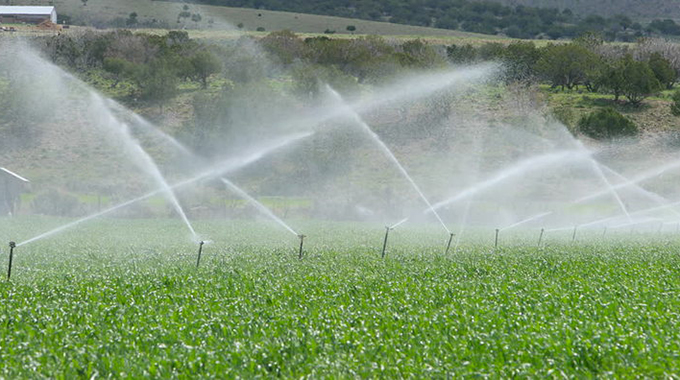EDITORIAL COMMENT : Land audit should accelerate agric revolution

The announcement by the Zimbabwe Land Audit Commission that it is working towards the final phase of its national audit should be received with optimism and bright anticipations.
In a story we carried in our edition yesterday, ZLC chairperson Commissioner Tendai Bare said the first two phases of the exercise ended last month and the audit is expected to be complete by the end of the year.
The audit aims at analysing land allocation data and unearth issues of multiple land ownership and double allocations. It will also check the extent of land redistribution in terms of gender, equity classification and environmental management.
These attributes will direct the Government in formulating and implementing policies that will ensure promotion of agriculture in the country.
It will also help in making strategies that will increase productivity and facilitate agro-practices that are friendly to the environment.
We believe ZLC’s findings will be vital in correcting ills and addressing challenges that are currently throttling agriculture development.
Since agriculture is one of the critical drivers of Vision 2030, recommendations would come at an important time when gaps can be closed and the journey goes on smoothly.
Issues that include multiple ownership of farms have often led to underutilisation while lack of capacity among those occupying land have slowed progress in the agricultural revolution that took off with the land reform programme.
Such issues have dented the noble programme and created black spots that give prophets of doom power to loudly sing negative choruses.
In many cases, doomsayers have — in their narrations driven exaggerated malice — painted a hopeless picture about the land reform programme.
The negative narratives tend to ignore the many good stories of the programme that have transformed lives of many productive farmers.
The good stories show that, when appropriate recommendations are followed after the audit, Zimbabwe has potential to regain its status as the breadbasket of Africa.
Zimbabweans are known as hard workers throughout the world. Our land is known as one of the most fertile grounds of the world. Our climate is one of the best for agriculture. What is needed is to align the systems in a perfect way and we commend the Government for initiating the land audit towards that goal.
As Commissioner Bare noted in yesterday’s report, bringing Vision 2030 to reality is possible when agricultural systems are in order.
Comm Bare said; “The ZLC has a huge role to play in bringing stability and conclusion to the land reform programme. This will allow farmers to focus on production and to bring Vision 2030, as enunciated by the President, to reality.
“The successful conclusion to the land reform programme is central to stabilising investment by farmers, both financially and in terms of time, in order to boost the country’s economic recovery.”
Indeed, the country’s economic recovery needs to be boosted and President Mnangagwa has made it a point that the priority of his administration is economic revival.
For our agro-based economy, such recovery can never be possible without the said successful conclusion to the land reform programme.
We believe ZLC is leaving no stone unturned in this exercise and we are confident that results of their audit will bring a precise prescription to ills in the agricultural sector and, consequently, drive our economy to a speedy recovery.
When the disputes arising from land administration are resolved and underutilised land is put to good use, Zimbabwe will be on a path to a bright future.
The audit will also help the Government to assess how it can assist farmers and increase productivity in order to safeguard food security.
So far, the Government is assisting farmers through such initiatives as Command Agriculture, Presidential Input Scheme and Agriculture Input Guarantee Scheme that are meant to catalyse the process of agriculture restoration.
When everything has been put in order in terms of land allocation and utilisation, such programmes will be good seeds sown on fertile ground and the yields will definitely be fascinating.
Since the audit is expected to be complete by the end of the year, a timely implementation of proposed solutions might give impetus to next year’s summer cropping season. With such a time frame, the agriculture sector would be on a smooth 10-year journey to 2030.









Comments